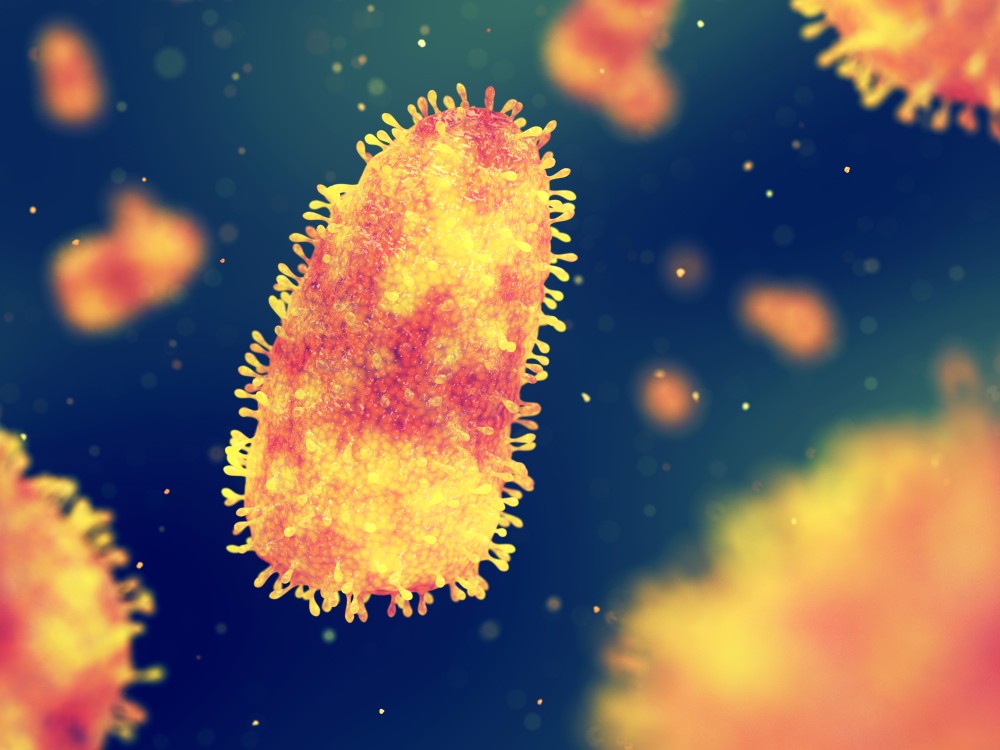
Climate change could affect the spread of animal to human diseases more than previously thought, according to a recent study from researchers at the University of Queensland and Swansea University.
Their research, published in Trends in Parasitology, found a link between environmental factors and occurrences of diseases like bird-flu, rabies virus, and Ebola. As environments change, so do diseases’ ability to interact with and infect new host species. This is a noted shift from traditional thinking, which primarily looked at the number of types of animals a pathogen infects and would use that to indicate its risk for host species shifts.
“Now that we know that environmental conditions are key, the question is: how can we develop models to predict disease moving between species in times of global environmental change?” Dr. Konstans Wells, team lead from Swansea University, said. “As a recent study that we published in Ecology Letters found, climate change may constrain or facilitate the spread of diseases like avian malaria, and this is just one example. We need to find out more information about how climate alters animal-to-human shifts, and this might help us build a new modelling framework, which could help us forecast disease spread.”
Wells noted the potential for computational tools in tracking these changes and diseases further. They could help predict future emerging infectious disease epidemics or pandemics.




